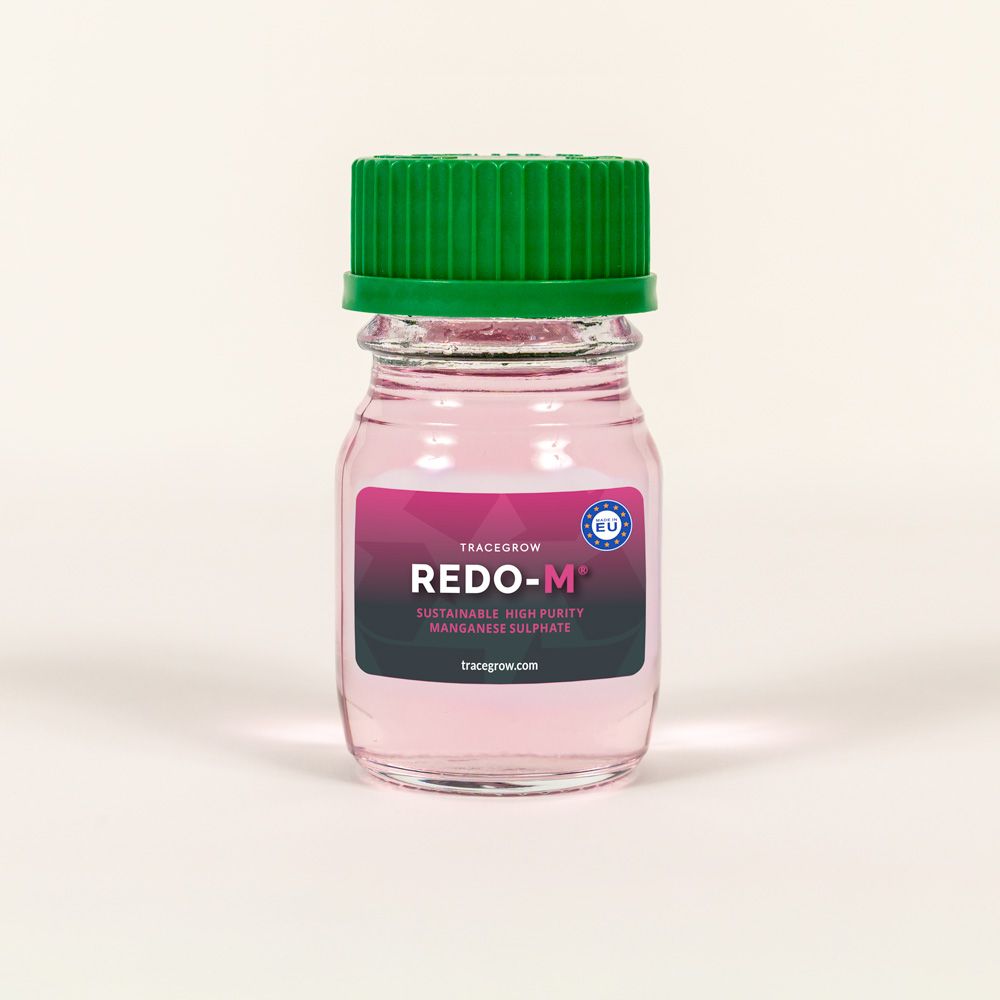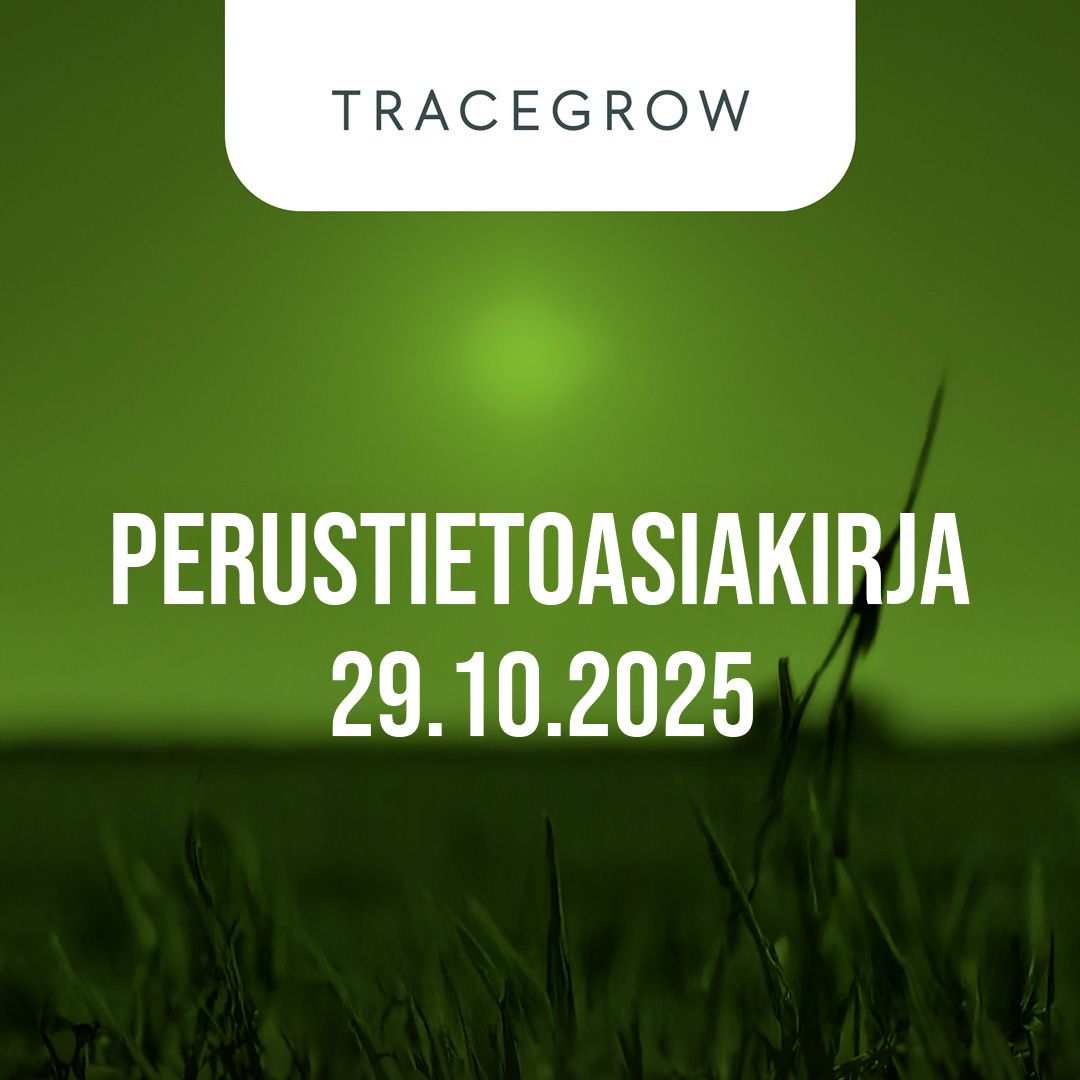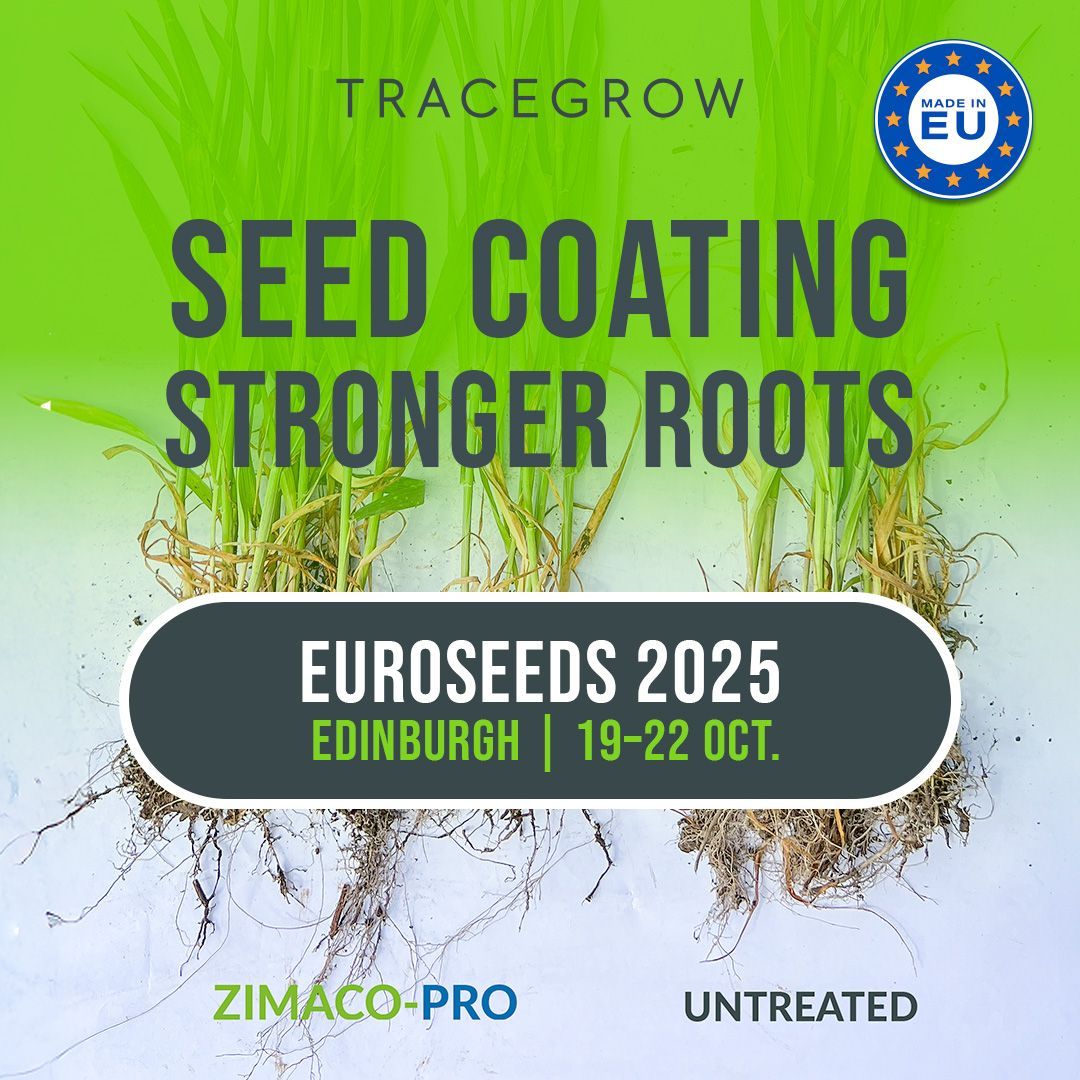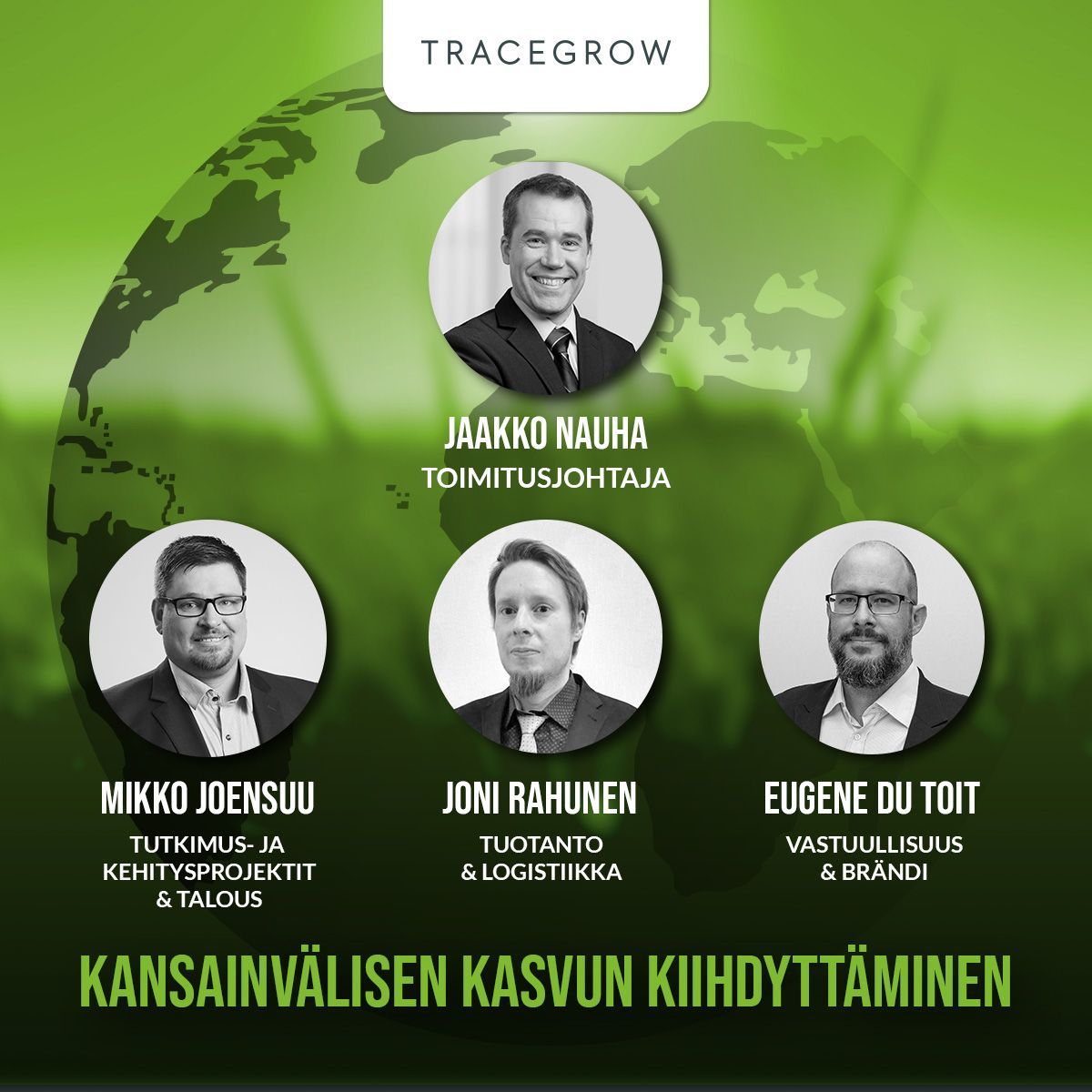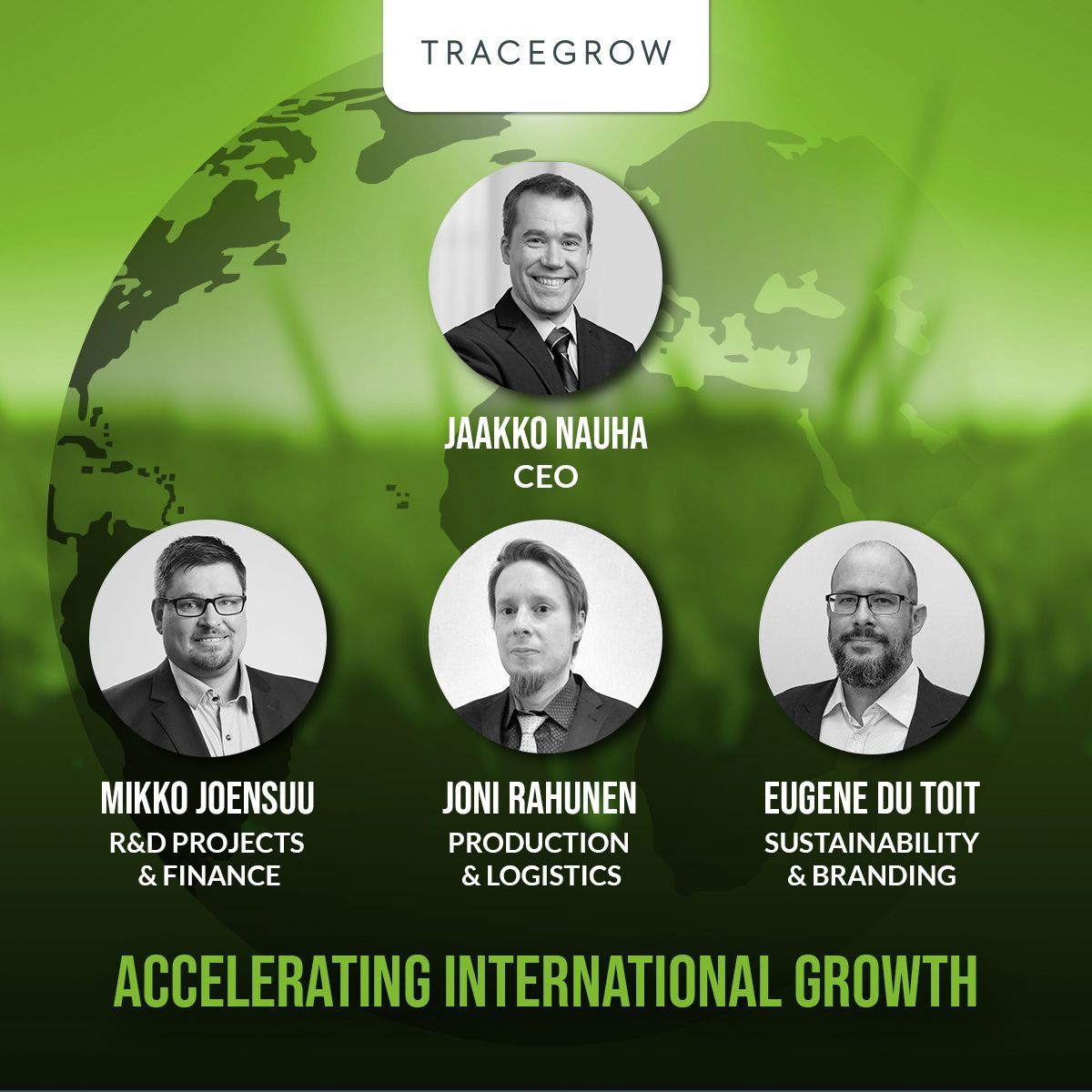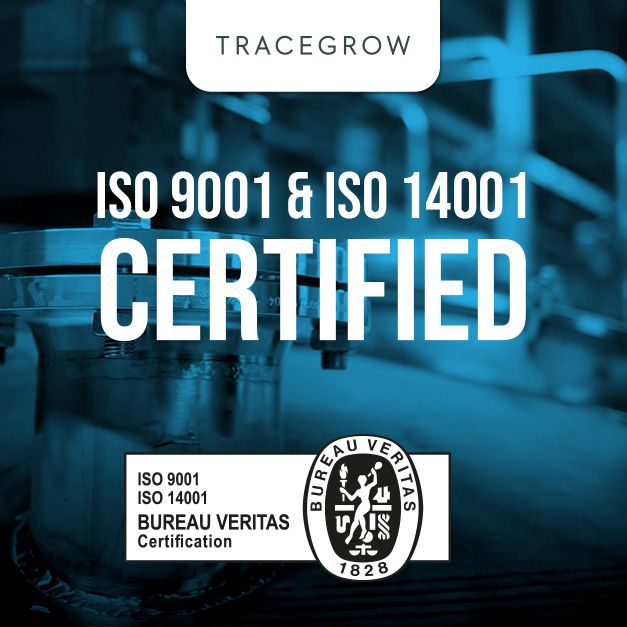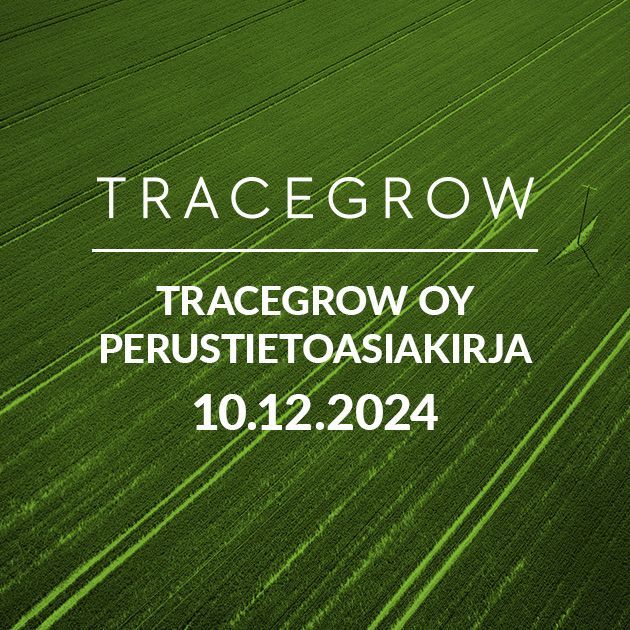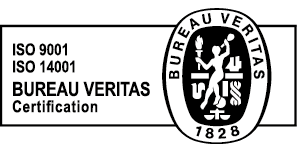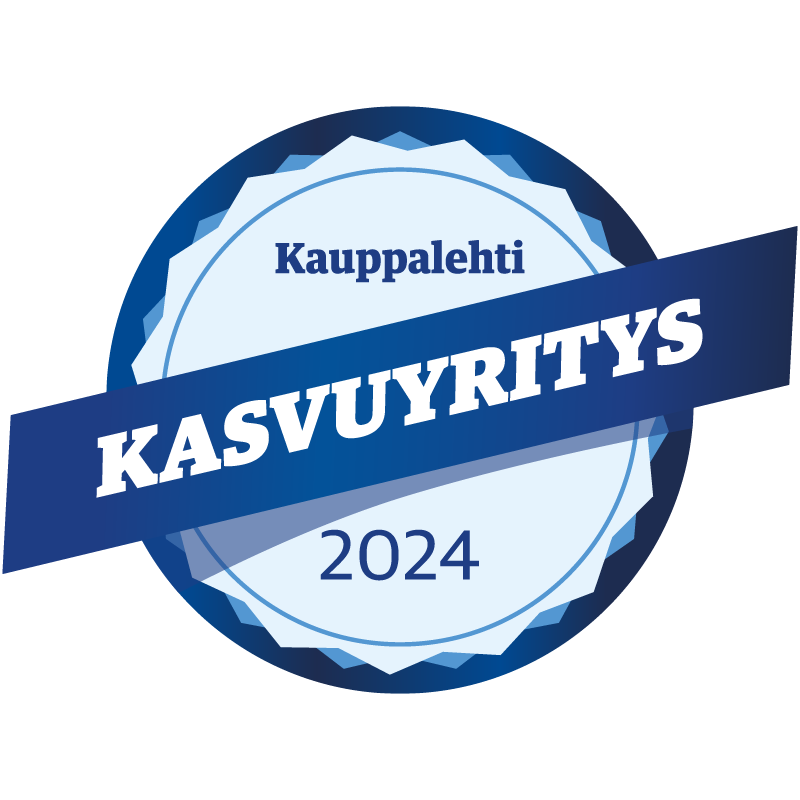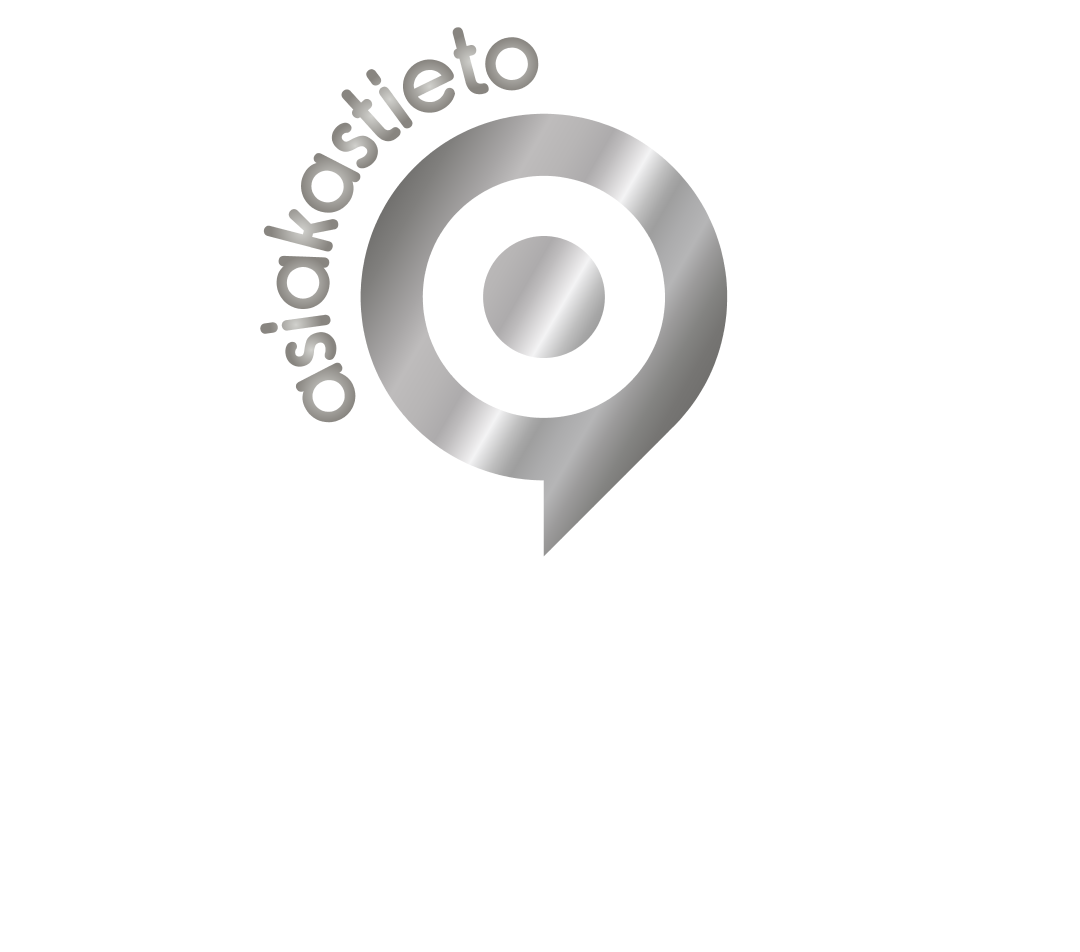Making ESG Work in Practice: Lessons from the Circular Economy
ESG is often seen as a reporting task. But when done right, it can improve performance, reduce risk and open new opportunities. In agriculture, cleantech and manufacturing, the challenge is no longer meeting the standard, it’s using ESG to deliver real value across the chain.
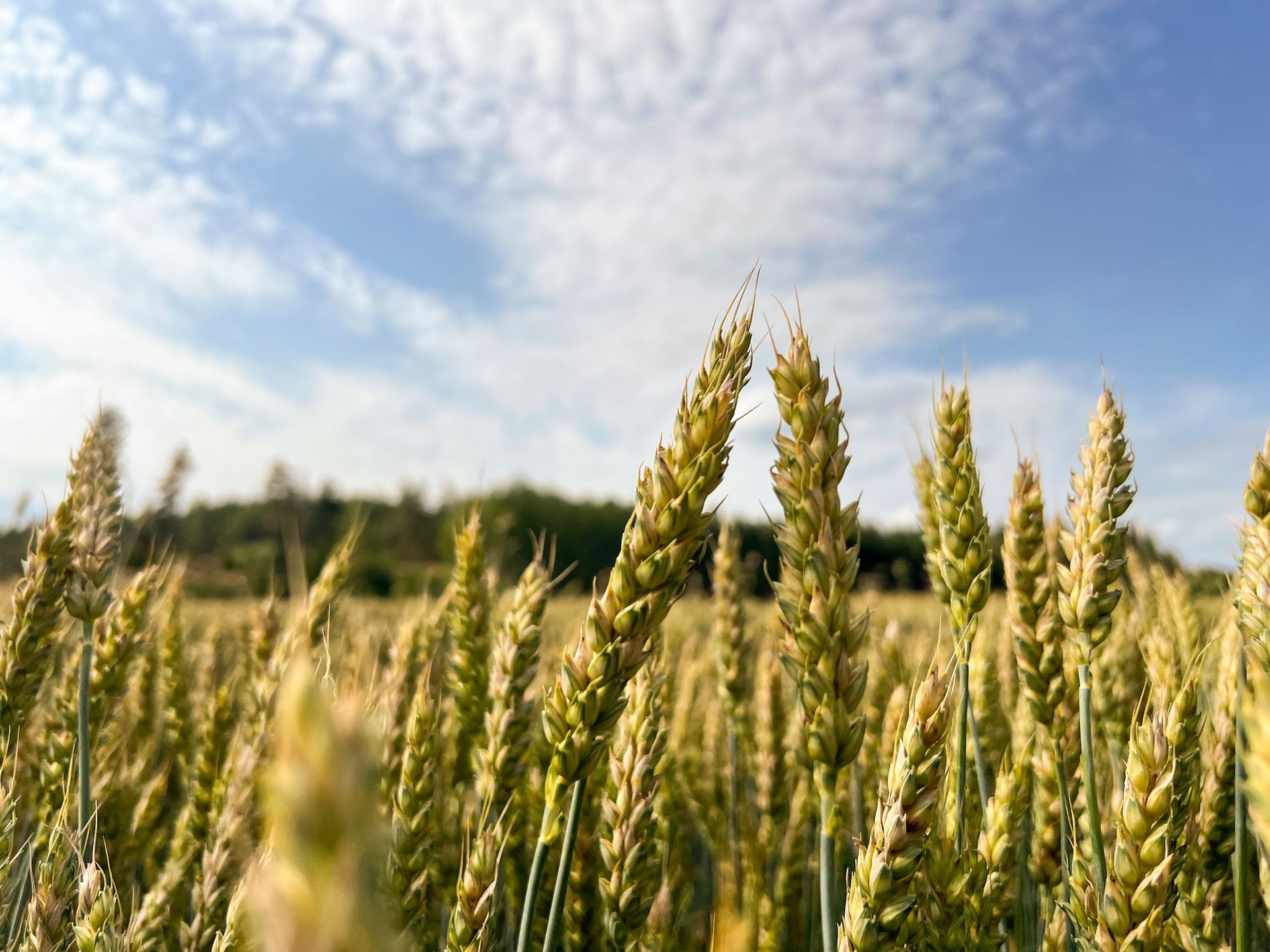
ESG stands for environmental, social and governance and is a set of standards used to measure an organization’s environmental and social impact. Whether you are a farmer looking for more resilient inputs, an investor seeking traceability, or a partner managing supply chain risks, ESG is no longer a theory. It is operational, strategic, and increasingly essential.
At Tracegrow, we have built our business around circularity and compliance. But more importantly, we have learned how to make sustainability work in practice. This article shares what that journey has taught us so far.
1. Recycled materials can outperform expectations
We recover zinc and manganese from industrial by-products like alkaline batteries and zinc smelters side streams. These materials are refined into high-quality micronutrient fertilisers.
What we have seen in the field is clear. When the recovery process is designed properly, recycled materials deliver reliable results. Farmers benefit from consistent product quality, and the environmental footprint is significantly lower.
Our takeaway: circular sourcing works, but only if quality is built into every step of the process.
2. Technology must reduce both emissions and cost
Our patented RETRACER process was developed to recover over 90 percent of usable material. It runs at lower temperatures, eliminates flue gases, and uses less energy overall. This has helped us stay compliant with strict EU regulations while keeping operational costs under control.
Our takeaway: a clean process is not enough. It must also be efficient. Sustainability that does not support business performance will not scale.
3. Local sourcing reduces risk and increases resilience
Tracegrow sources and operates fully within the European Union. This is not just about carbon footprint. It is a core part of our risk management. Operating locally helps us avoid supply disruptions, navigate evolving regulations, and maintain product consistency.
Our takeaway: local sourcing gives better control, especially when global conditions change quickly.
4. Investors want systems, not slogans
Tracegrow has secured support from multiple institutions, not only because of our mission, but because of how we operate. Investors are looking for measurable outcomes, not just high-level claims. We provide third-party CE and ISO certification. Our recovery yields are traceable, and compliance is built into our process. This gives partners confidence in both performance and predictability.
Our takeaway: ESG credibility comes from structure and transparency, not storytelling.
5. Listening to stakeholders improves outcomes
Our fertilisers are used in farming environments across multiple regions in the world. Field-level feedback helps confirm how micronutrients support stronger root systems and reduce dependency on nitrogen-intensive inputs. Stronger, healthier plants are more resilient to stress.
We also follow EU regulatory developments closely, particularly around end-of-waste criteria and circular procurement, as these directly affect our CE certification. As the only company with CE-certified fertilisers made from recycled materials such as batteries, we often find ourselves navigating new ground. Our practical experience contributes to broader industry understanding and helps inform future policy directions.
Our takeaway: Collaboration drives progress. Listening to farmers, regulators and partners helps us improve products and shape more practical solutions.
6. Saying no is part of staying credible
Not every opportunity supports long-term goals. Tracegrow has walked away from projects that did not meet our environmental standards. These decisions are not always easy, but they build trust.
Our takeaway: ESG is not just what you say yes to. It is also what you choose not to pursue.
Lessons Learned from Doing ESG the Right Way
Sustainability, done properly, can strengthens every part of the business.
- ESG helps design better products and operations
- Local sourcing reduces risk and improves traceability
- Listening to customers and regulators improves outcomes
- Third-party validation supports credibility and funding
- Clear values help make clear decisions
What this means for the future
Markets are shifting. Regulation is evolving. Expectations are growing.
Companies that treat ESG as a strategic tool, not just a compliance task, are creating long-term advantages. This includes stronger stakeholder relationships, better access to capital, and greater operational resilience.
At Tracegrow, we do not see ESG as something separate from business. It is part of every decision we make. And we believe that doing things properly today helps build stronger partnerships tomorrow.
For more insights into our sustainable practices, read our article on Reducing CO2 Emissions with Tracegrow's Circular Approach.
Learn more about our RETRACER technology and its role in promoting a circular economy.
Discover how our EU-based manufacturing ensures stability, sustainability, and quality for European agriculture.





